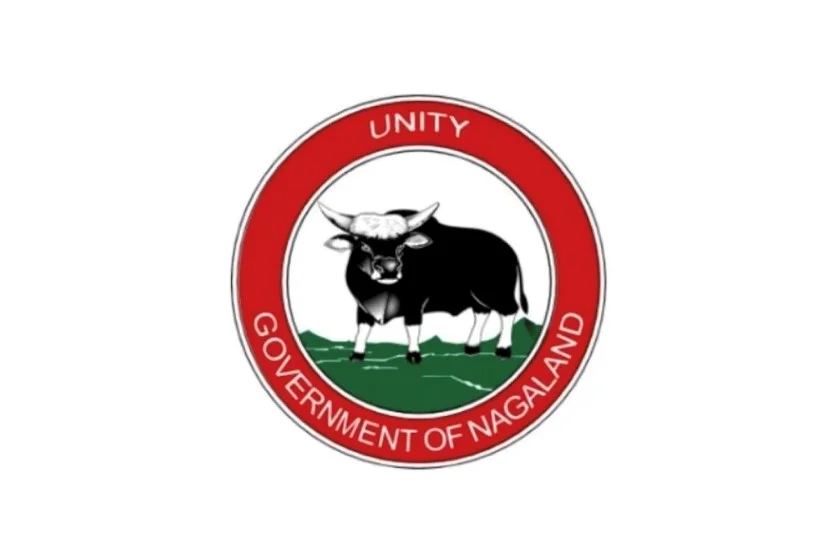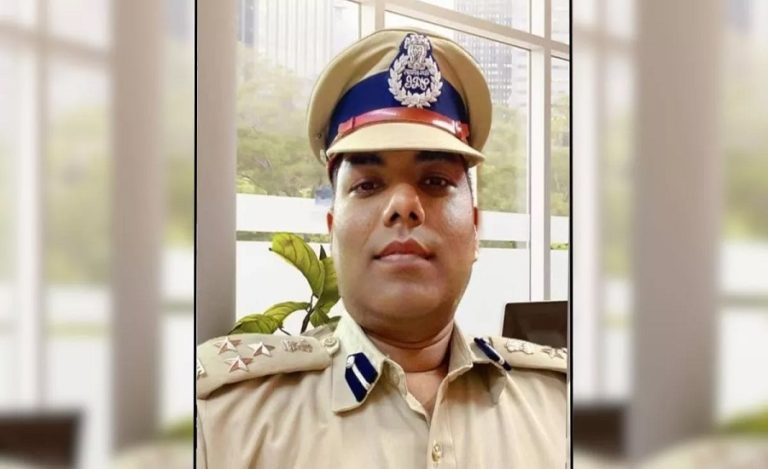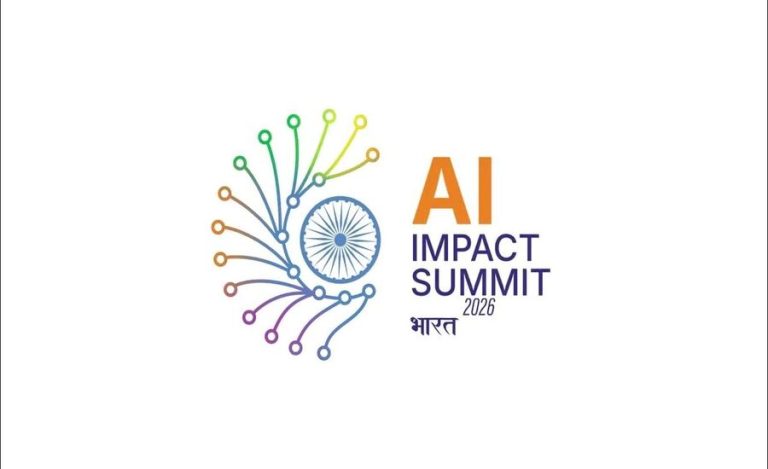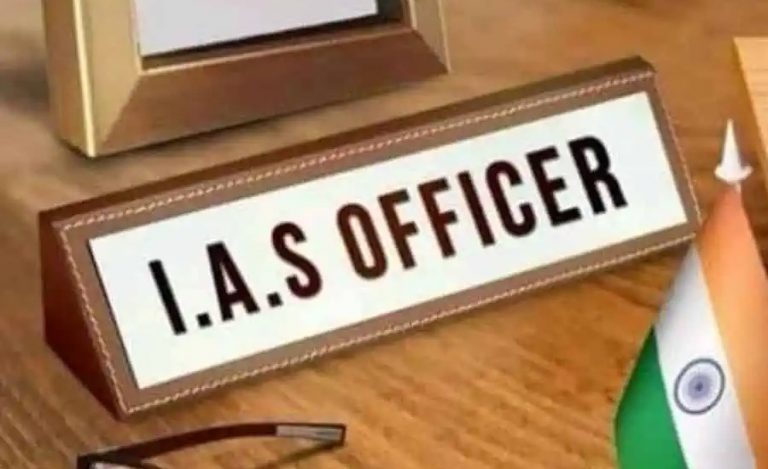Kohima: In a dramatic escalation of tension at the heart of Nagaland’s administrative machinery, the Joint Coordination Committee (JCC) — representing five major service associations — has demanded immediate restoration of a key clause in the state’s IAS induction policy that emphasises merit-based entry via the Nagaland Public Service Commission (NPSC).
What sparked the controversy?
On 10 March 2025, the Nagaland government issued a vacancy circular for induction into the Indian Administrative Service (IAS) from State Services. That circular explicitly required that candidates must have entered service via NPSC.
But shockingly, within days of the last date for applications, the circular was withdrawn — raising strong suspicion among the service associations that the withdrawal was timed to accommodate a candidate who did not meet the NPSC-recruitment criterion.
Why are the associations upset?
The JCC argues that by removing the clause requiring NPSC-recruited officers, the government has undermined fairness, transparency and constitutional guarantees of equal opportunity (Article 16).
They claim the withdrawn clause upheld meritocracy and that its removal appears to favour “backdoor” or “non-NPSC” candidates — which they say sets a dangerous precedent.
Also, they point out that a similar circular in 2020 (dated 6 July 2020) had the NPSC clause and resulted in a successful induction. The JCC asks: why withdraw the 2025 circular after the last date for applications?
What are the demands?
The associations have put forth clear demands:
- Restore Clause 4 of the 10 March 2025 circular, which mandated NPSC-recruited candidates.
- Remove any non-NPSC candidates from the IAS induction panel forwarded to the Union Public Service Commission (UPSC).
- Ensure future IAS inductions strictly follow merit-based criteria, uphold NPSC-recruitment eligibility, and provide full transparency.
Protest action & response
The JCC and its constituent bodies —
- Confederation of All Nagaland State Services
- Employees Association (CANSSEA), Federation of Nagaland State Engineering Service Association (FONSESA), Nagaland Secretariat Service Association (NSSA), Nagaland In‑Service Doctors Association (NIDA) and Nagaland Finance & Accounts Service Association (NF&ASA) — announced a three-day pen-down strike from 14 October across government offices.
They report that offices in Kohima and elsewhere were affected, with staff attending but not performing work duties. The protest is framed as being for the “future of Naga youth” and the integrity of the civil services.
Read also: Big Move in Meghalaya: CM Conrad Sangma Seeks Separate IAS Cadre to Power Administrative Reforms”
So far, the state government has not publicly acceded to the demands, prompting further unrest and calls for escalation.
Background: Why the NPSC clause matters
The state associations argue that when officers are inducted into the IAS via State Services (either SCS or Non-SCS), the process must remain rigorous. The relevant rules (e.g., IAS (Recruitment) Rules, 1954) allow a maximum of one-third of a state’s IAS cadre to be filled by promotion/induction from State Services; within that, a portion may be for Non-SCS but only under “outstanding merit and ability”.
By insisting on NPSC-recruitment, the associations contend that the state ensures a robust selection mechanism, preventing arbitrary appointments and upholding meritocracy. They view the omission of the clause as bypassing the institutional safeguard.
Why this matters for Nagaland’s governance
This controversy isn’t just internal-bureaucratic squabbling. It touches the core of administrative integrity and public trust. If IAS induction is perceived as favouring patronage or irregular criteria, it may demoralise aspirants, degrade performance expectations and weaken the link between public service and merit.
Moreover, in a state like Nagaland — where justice, fair recruitment and tribal sentiments are already sensitive — the image of “backdoor entry” can have ripple effects on governance, morale and future recruitment.
What’s next?
The JCC has signalled that the protest will continue until meaningful dialogue is held with the government and its demands are addressed.
The government’s next steps are under watch: whether it reinstates the 10 March circular, addresses the non-NPSC candidate issue, or provides transparency regarding the IAS induction panel.
Observers note that the state cabinet and the Department of Personnel & Administrative Reforms (P&AR) will likely face pressure to respond publicly soon.





























